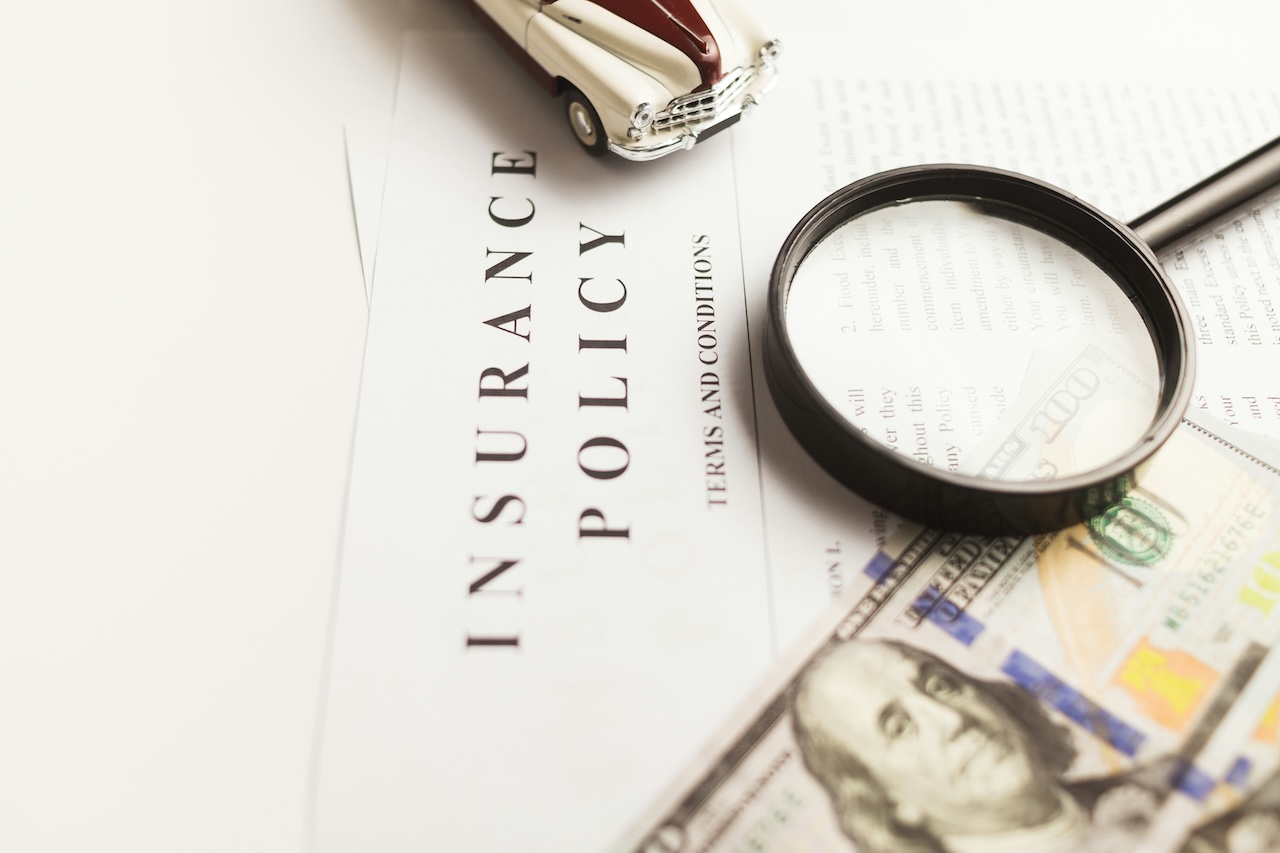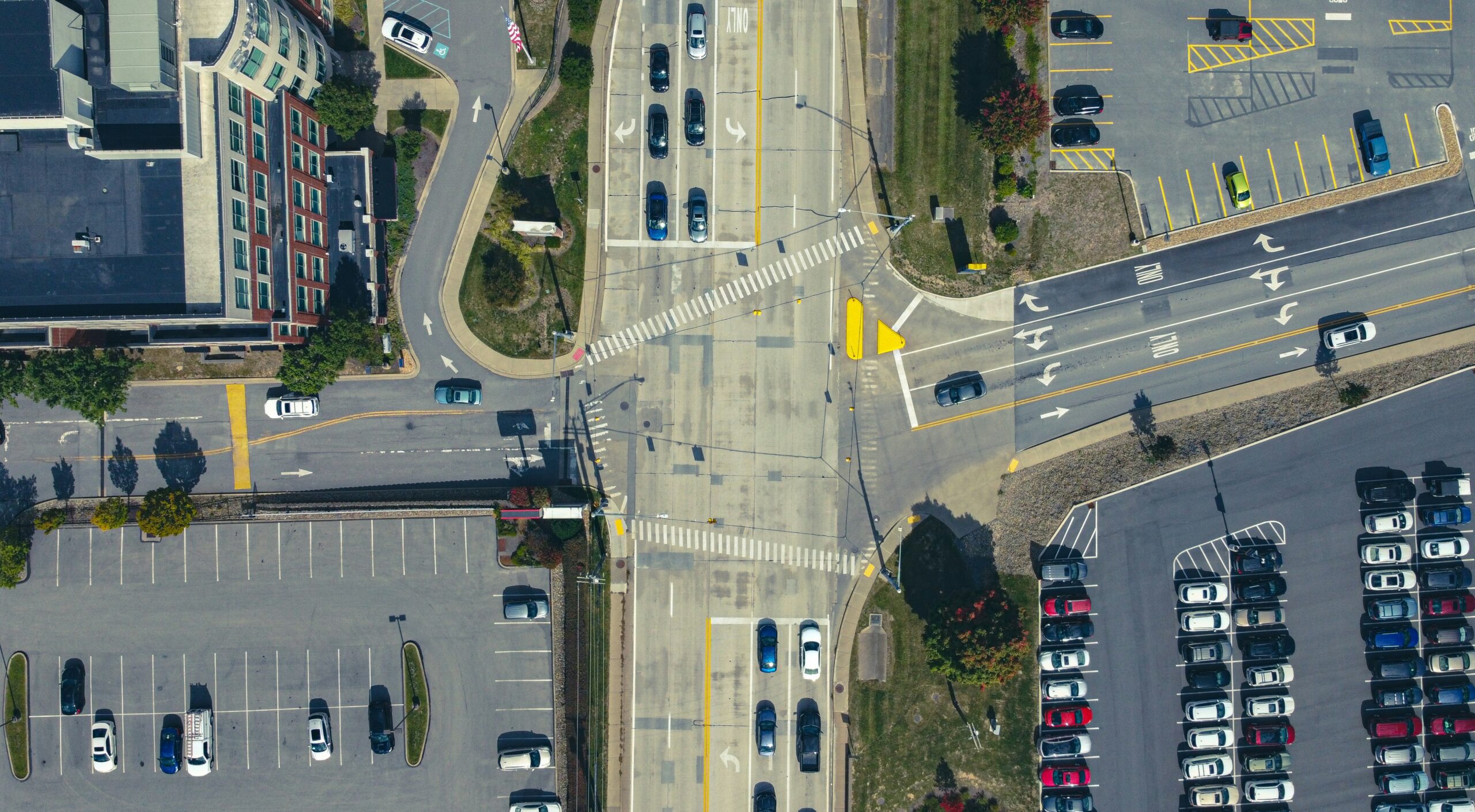 Brad Huffman Explains
Brad Huffman Explains
*AI-generated voice. Script approved by Brad Huffman. For information only.
Key Takeaways
- Car accidents in Virginia can remain on your insurance record for three to five years, and their impact depends on factors like fault and severity.
- Virginia law prohibits insurers from raising your premiums for accidents that weren’t your fault
- While it’s often impossible to remove an accident from your record, options like accident forgiveness, defensive driving courses, and shopping for better rates may help lower premiums.
Depending on the severity of the event, car accidents have the potential to be one of the most life-changing moments in a person’s life. Even if the accident didn’t result in catastrophic injuries or damage to your vehicle, you may find that it can have notable effects on your driving record and insurance policy. It all depends on whether or not you played a role in causing the incident.
In the sections below, we will discuss the relationship between car accidents, insurance, and your driving record, including how long car accidents stay on record, how they may affect your insurance rates, and what options you may have if your policy has been impacted.
How Long Does a Car Accident Stay On Your Record in Virginia?
For insurance purposes, a car accident typically stays on your record for three to five years. The exact length can depend on your insurance provider’s policies and the severity of the accident.
How Does Your Driving Record Affect Insurance Rates?
If you’re wondering, “Will my car insurance rate increase after an accident?” the answer is that it depends. If you caused the accident or played a significant role in causing it, then it is likely that your rate will increase. In general, the more at-fault accidents (or traffic violations) you have on record, the more expensive your car insurance rate will be. If your record is severe enough, it is even possible that your provider may drop you from your policy altogether.
However, your driving record isn’t the only information that insurance companies will be reviewing to determine your rates. They will also be looking at the number of claims they’ve paid out, the amount of each claim, and the severity of the accidents themselves. For example, a minor fender bender will generally only temporarily raise your rates, while a DUI that resulted in injury or death may result in you losing your policy.
Will an Accident That Wasn’t Your Fault Affect Your Insurance?
Virginia law prohibits insurers from raising your car insurance rate if you weren’t at fault. However, the other driver’s insurance may pressure you to admit fault, or your own insurer may try to raise your rates before fault is determined. If you believe this is happening to you, you have the right to hire a car accident lawyer. An experienced lawyer can communicate with the insurers on your behalf, protect your interests, and help ensure you aren’t unfairly penalized for an accident you didn’t cause.
If the at-fault driver is uninsured, underinsured, or flees the scene, you might need to turn to your own uninsured/underinsured motorist (UM/UIM) coverage to pay for your damages. While many drivers hesitate to file a claim under their own policy out of fear that it will increase their rates, it’s important to know that Virginia law also protects you here. If you weren’t at fault, using your UM/UIM coverage will not result in your insurer raising your premiums.
Can You Remove a Car Accident From Your Record in Virginia?
In most cases, no, you cannot remove a car accident from your record in Virginia. However, there are a few ways you may be able to reduce your car insurance rates after an accident. These include:
- Accident Forgiveness: Some insurers offer accident forgiveness as part of a policy, which may prevent your first accident from affecting your rates. However, this is typically an add-on feature and one that not all drivers may qualify for.
- Defensive Driving Courses: Some insurers offer discounts to policyholders who complete a state-approved defensive driving course, which can help reduce your rates over time.
- Shopping Around: If your current insurer increases your premiums after an accident, it may be worth getting quotes from other providers. Different insurance companies weigh accident history differently, so you might find a better rate elsewhere.
If You Were Injured in a Virginia Car Accident, Call Huffman & Huffman
Navigating insurance claims after a car accident can be overwhelming, especially if you’re worried about rising premiums or being unfairly blamed. In Virginia, where even a small degree of fault can affect your right to compensation, it’s essential to have knowledgeable legal guidance.
If you were injured in a car accident and were not at fault, remember that you have the right to file a personal injury claim and pursue compensation. This holds true even if the other driver’s insurance is insufficient and you need to rely on your own UM/UIM coverage. At the very least, it’s important to consult with an experienced attorney to fully understand your rights and options.
At Huffman & Huffman Brothers-in-Law, we understand how complex these situations can be. Our firm has been helping car accident victims protect their rights and pursue the compensation they deserve for over 50 years. If you’ve been involved in an accident, contact us today for a free consultation.





